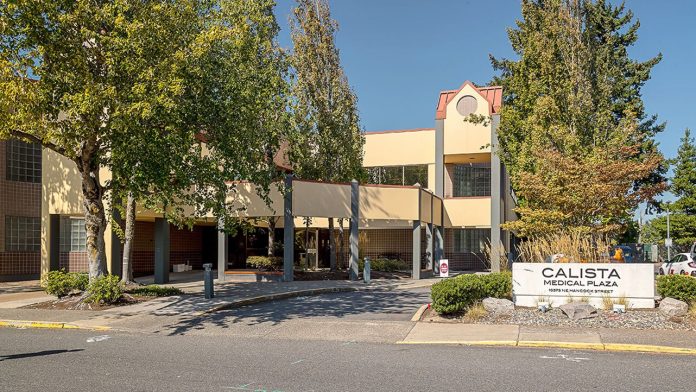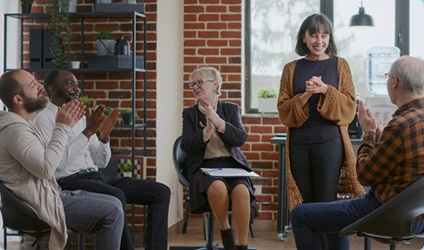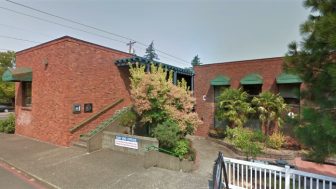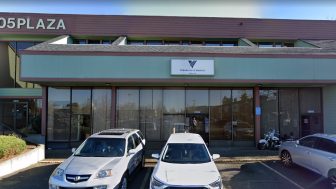Cascadia Health – Woodland Park Health Center
10373 NE Hancock St
Suite 200
Portland, OR 97220

About Cascadia Health – Woodland Park Health Center
Cascadia Woodland Park Health Center is a community-based mental health and addiction treatment center for adults and adolescents in Portland, Oregon. You’ll find them in the Calista Medical Plaza, a short distance from the Gateway Green.
You’ll be treated by a counselor who’ll use proven methods to help you understand your addiction. Depending on what substances you’ve been using, They may prescribe medication to reduce your cravings. If you need more intensive addiction care, they’ll refer you for inpatient treatment.
One service that stood out to me is they offer free counseling for any Oregonians who are addicted to gambling. A gambling addiction can cause financial and relational problems. They’ll also treat anyone affected by another person’s compulsive gambling habits.
For those who are self paying, there is a sliding fee scheme that is determined by your income and the size of your family. Their peer wellness services are available to support and encourage you as you recover.
Addiction Treatment Programs
Adult Program
From detox to aftercare, each adult program in Oregon has one ultimate goal: recovery. These programs use a variety of treatment methods to help those struggling with substance use disorders break free from addiction.Alcoholism
Your recovery journey begins at alcohol rehab in Oregon. There, you’ll receive the tools you need to fight back against addiction. Through a variety of treatment methods and support, you’ll learn how to take your life back and head in a new, healthy direction.Men's Rehab
Men can find it helpful to attend men’s rehab in Oregon to help them focus on their recovery goals and treatment program. The gender-specific treatment removes distractions that can be caused by the presence of females.Women's Rehab
Female bodies are affected differently by substance abuse than male bodies. Women’s rehab in Oregon addresses these and other differences, to provide effective treatment for women.Opioid Treatment
During opioid rehab in Oregon, you may participate in a variety of therapies. Common methods include cognitive behavioral therapy, dialectical behavioral therapy, and group therapy. Many treatment programs address dual diagnosis and also provide aftercare support. The ultimate goal is abstinence from opioids for long-term recovery.Cognitive Behavioral Therapy (CBT)
A guiding principle of cognitive behavioral therapy in Oregon is that people struggling with substance use disorder can learn how to cope in new ways and make positive changes. This treatment method empowers individuals with the skills to do so.Rational Behavior Therapy (RBT)
If you are struggling with substance use disorder, rational emotive behavioral therapy in Oregon targets beliefs that lead to negative behaviors. It can help you replace irrational beliefs and may be influencing your addiction.Assertive Community Treatment (ACT)
Assertive Community Treatment (ACT) is an integrative, community-based care strategy designed to address the needs of persons with severe and/or complex mental illness or behavioral disorders. ACT is typically provided by a multidisciplinary team of medical and mental health care providers, social workers, therapists, and other specialists, including addiction recovery professionals. These services are frequently provided in the home and community to clients in crisis, those who are clinically unstable, and those who are unable or unwilling to travel to a hospital or clinic for in-person treatment.Levels of Care
Accreditations

SAMHSA
Insurance
Contact Cascadia Health – Woodland Park Health Center



